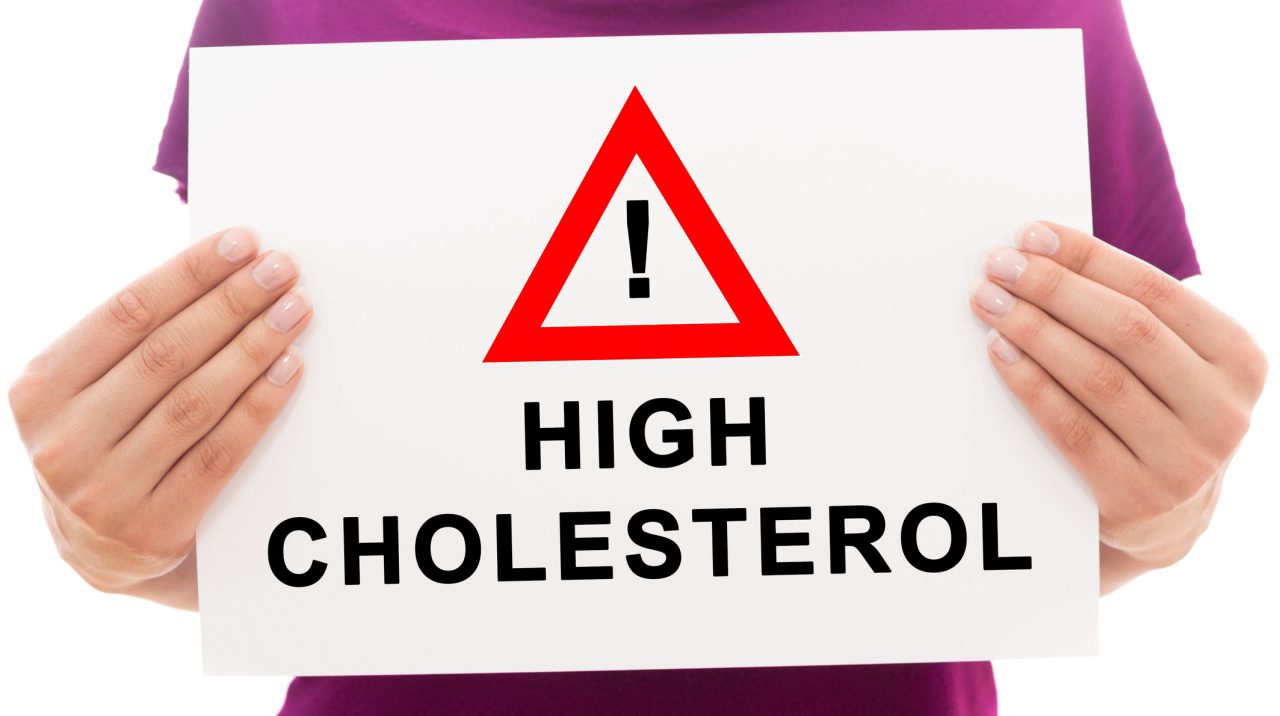What Is High Cholesterol?

Cholesterol is not necessary a bad thing; your body needs it in the right amount for health. But too much cholesterol of the “bad” kind can raise health risks.
You’ve likely heard high cholesterol raises your risk of heart disease. And you may have received troubling news from your doctor’s office that a blood test shows your cholesterol is “high.”
But cholesterol is made up of more than one kind. It’s not detrimental to your health, unless you have excessive “bad cholesterol,” the artery clogging kind that is the main risk factor for heart disease, heart attacks, and strokes.
Cholesterol is a wax-like fat that is a crucial building block of cell membranes. Your body also needs it to make hormones, vitamin D, and bile acids necessary for digesting fat.
It comes from two sources. Your body makes most of your cholesterol in your liver. The rest comes from what you eat, primarily saturated fats from animal sources. Such dietary fat is almost always the cause of high “bad” cholesterol that increases cardiovascular risks
To understand high cholesterol, consider the different types and how doctors decide if your cholesterol level is in the elevated range and needs treatment.
YOU MIGHT ALSO LIKE: Causes of High Cholesterol
What high cholesterol is unhealthy — and what type isn’t
Lipoproteins, substances made of protein and fat, carry cholesterol through your bloodstream, to and from cells, the American Heart Association (AHA) explains.
There are two types of lipoproteins:
- Low-density lipoprotein (LDL). This is the “bad” cholesterol, the troublemaker in your body. In excess, it causes fatty deposits known as plaque to build up inside blood vessels. Plaque build-up raises your risk for heart attacks, strokes, and other health problems.
- High-density lipoprotein (HDL). Known as the “good” cholesterol, HDL transports LDL cholesterol back to your liver so your body can remove it. High levels of this kind of cholesterol can lower your risk of cardiovascular disease and related medical conditions.
Triglycerides are another type of fat in your body that are related to the risk of high LDL. While triglycerides are not the same as cholesterol, they play a role in the danger LDL cholesterol poses to your health.
Combined with high “bad” cholesterol levels or low amounts of the “good” HDL type, elevated triglycerides raise the risk of plaque accumulating in your arteries, increasing your risk of heart attack and stroke even more.
Finding out if your cholesterol is too high
The AHA advises everyone age 20 and older to have their cholesterol levels checked every four to six years. After you are 40, your doctor will calculate how often to test your levels, depending on your risk factors, including family history, whether you smoke, and whether you have high blood pressure or diabetes.
To find out if your cholesterol level is normal or too high, your doctor will order a lipid panel to measure total cholesterol (a combination of LDL and the “good” high density lipoprotein, HDL). The test also shows how much of your cholesterol is in the LDL category and how much is HDL cholesterol, the National Heart, Lung and Blood Institute (NHLBI) explains.
If your total cholesterol is 200 mg/dL or more and, especially, if your HDL is less than 40 mg/dL, your total cholesterol is considered high and may raise your risk of cardiovascular disease, according to the NHLBI.
If you do have high cholesterol, you aren’t alone. More than 100 million American adults have high cholesterol, according to the Centers for Disease Control and Prevention. LDL is usually the reason.
The good news is high cholesterol levels can almost always be brought into a healthy range with treatment. Your doctor will likely prescribe lifestyle changes including eating less saturated fat and regular exercise and, if necessary, medications, such as statins.
Updated:
March 07, 2023
Reviewed By:
Janet O’Dell, RN